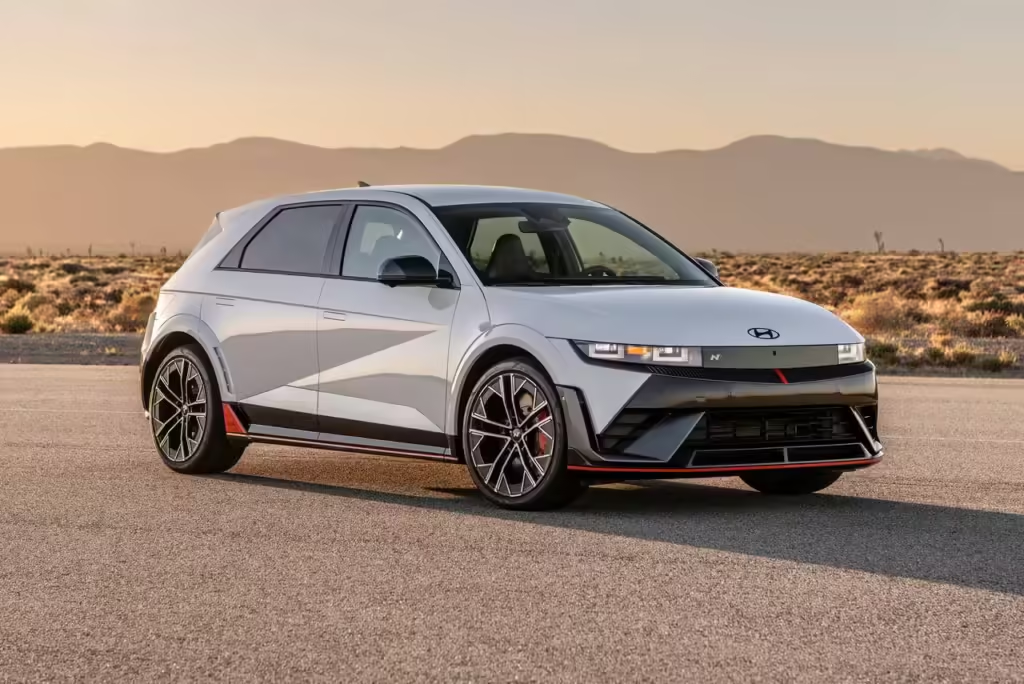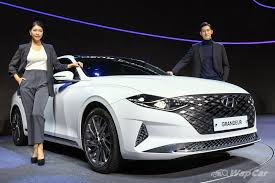
Ionic Vs. Tesla
As the electric vehicle (EV) market continues to grow, two names have emerged as significant players: Hyundai with its Ioniq series and Tesla with its innovative lineup. Both brands offer compelling options for consumers looking to make the switch to electric. In this article, we’ll explore how the Hyundai Ioniq compares to Tesla, focusing on performance, range, technology, design, and overall value.
Performance
Hyundai Ioniq
The Hyundai Ioniq comes in various forms, including the Ioniq 5 and Ioniq 6, each offering different performance metrics. The Ioniq 5, for instance, features a dual-motor setup with all-wheel drive, delivering a quick 0-60 mph time of around 4.5 seconds. Its handling is praised for being responsive and comfortable, making it suitable for both city driving and longer trips.
Tesla
Tesla vehicles, such as the Model 3 and Model Y, are renowned for their impressive acceleration and performance. The Model 3 Performance variant can hit 0-60 mph in just 3.1 seconds, showcasing Tesla’s focus on speed. Moreover, Tesla’s vehicles often come equipped with advanced features like adaptive air suspension, which enhances driving dynamics.
Range
Hyundai Ioniq
One of the standout features of the Ioniq lineup is its competitive range. The Ioniq 5 offers a range of approximately 300 miles on a full charge, depending on the battery configuration. The Ioniq 6, with its sleek aerodynamic design, can achieve a similar or slightly better range, making it a strong contender for long-distance travel.
Tesla
Tesla has long been a leader in EV range. The Model S, for example, can provide over 400 miles on a single charge. The Model 3 and Model Y also offer impressive ranges, often surpassing the Ioniq models. Tesla’s extensive Supercharger network also enhances its appeal, as drivers can easily find fast charging stations during longer trips.
Technology
Hyundai Ioniq
Hyundai has made significant strides in incorporating technology into the Ioniq series. The vehicles feature a user-friendly infotainment system with a large touchscreen, Apple CarPlay, and Android Auto compatibility. The Ioniq also offers advanced driver assistance systems (ADAS), providing a suite of safety features that enhance the driving experience.
Tesla
Tesla is widely recognized for its cutting-edge technology. The user interface is entirely digital, with a massive touchscreen that controls nearly all vehicle functions. Tesla’s Autopilot and Full Self-Driving (FSD) features set a high bar for semi-autonomous driving capabilities, continually updated through over-the-air software updates, ensuring that vehicles improve over time.
Design
Hyundai Ioniq
The design of the Hyundai Ioniq has evolved significantly, with the Ioniq 5 showcasing a bold, futuristic aesthetic characterized by its angular shapes and retro-futuristic touches. The Ioniq 6 continues this trend with a streamlined profile that emphasizes aerodynamics, giving it a distinct and modern look.
Tesla
Tesla vehicles are known for their minimalist design and sleek lines. The interiors are spacious and feature a clean layout, focusing on functionality. The exterior design, while simple, has become iconic, with a focus on performance and efficiency that resonates with many consumers.
Overall Value
Hyundai Ioniq
Hyundai generally positions its vehicles at a more accessible price point compared to Tesla. The Ioniq series offers great value for money, with a strong warranty and a plethora of features. The Ioniq 5, for instance, starts at a lower base price than the Tesla Model Y while offering similar technology and performance levels.
Tesla
While Tesla vehicles come with a higher upfront cost, many buyers justify the expense with the long-term savings on fuel and maintenance, along with the vehicle’s resale value. Tesla’s extensive charging network and brand prestige also contribute to its appeal, making it a desirable choice for many EV enthusiasts.
Conclusion
Both the Hyundai Ioniq and Tesla offer compelling options in the electric vehicle market. The Hyundai Ioniq stands out for its value, design, and impressive range, making it an excellent choice for those seeking a well-rounded electric vehicle. On the other hand, Tesla leads in performance, technology, and brand recognition, catering to those who prioritize speed and advanced features.
Ultimately, the choice between a Hyundai Ioniq and a Tesla depends on individual preferences and priorities. As the EV landscape continues to evolve, both brands are likely to innovate further, offering even more exciting options for consumers in the future.
